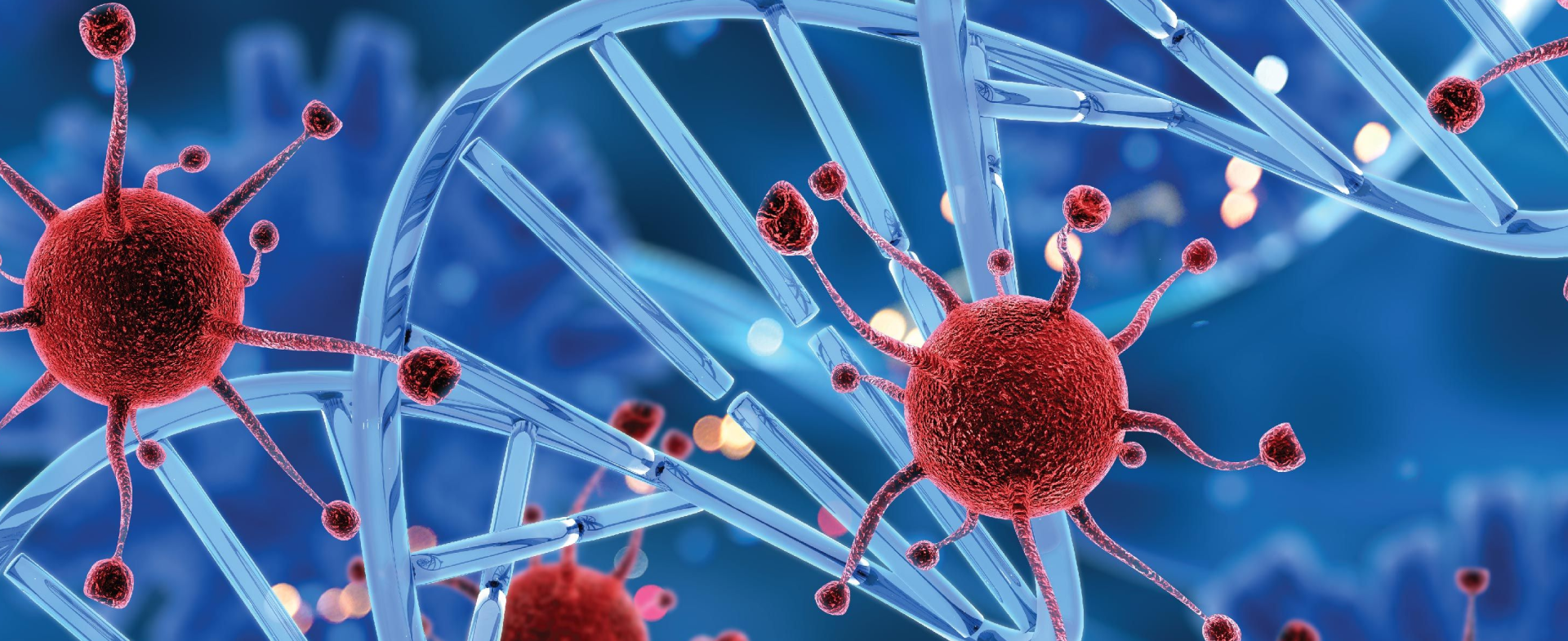Blood cancers affect blood cells and bone marrow -- the spongy tissue inside your bones where blood cells are made. These cancers change the way blood cells behave and how well they work. You have three types of blood cells:
There are three major types of blood cancer:
These cancers cause your bone marrow and lymphatic system to make blood cells that don't work as well as they should. They all affect different types of white blood cells, and they act in different ways.
Blood cancer happens when something goes wrong with the development of your blood cells. This stops them working properly and they may grow out of control. This can stop your blood doing the things it normally does to keep you healthy, like fighting off infections or helping repair your body.

Each type of blood cancer is different, but they can share some common symptoms and signs. Some people may not have any symptoms until the disease is advanced. Or, sometimes the symptoms may be mistaken for a severe cold or flu. Some common blood cancer symptoms include:
If it's suspected that you have cancer, your doctor may order certain cancer blood tests or other laboratory tests, such as an analysis of your urine or a biopsy of a suspicious area, to help guide the diagnosis. Samples collected for cancer blood tests are analyzed in a lab for signs of cancer. The samples may show cancer cells, proteins or other substances made by the cancer. Blood tests can also give your doctor an idea of how well your organs are functioning and if they've been affected by cancer. Examples of blood tests used to diagnose cancer include:
In stem cell transplantation, high doses of chemotherapy and radiation are given to destroy leukemia cells along with normal bone marrow. Stem cells travel to the bone marrow and begin producing new blood cells. Stem cell may come from the patient or from a donor.
Immunotherapy is a type of cancer treatment that helps your immune system fight cancer. Immune system helps your body fight infections and other diseases. It is made up of white blood cells, organs and tissues of the lymph system. Immunotherapy is a type of biological therapy.
Chemotherapy is the administration of drugs that kill rapidly dividing cells such as leukemia or other cancer cells. Chemotherapy may be taken orally in pill or tablet form, or it may be delivered via a catheter or intravenous line directly into the bloodstream.
